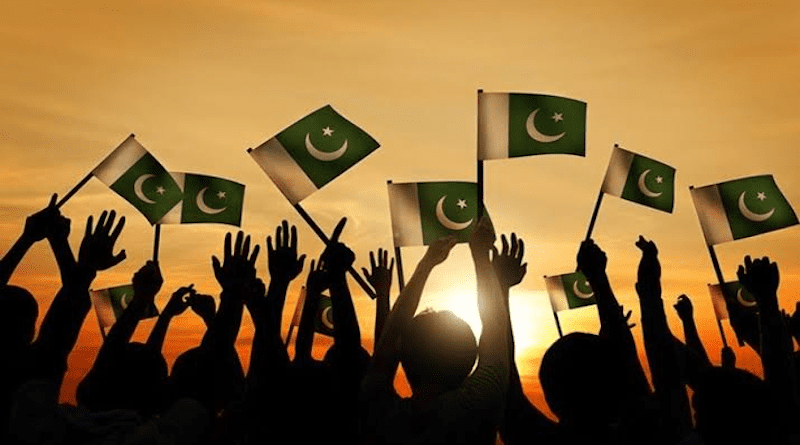National Integration: The Way Forward For Pakistan’s Progress – OpEd
Pakistan has a prominent stature internationally owing to its geographical location, military capabilities, demography, and potential. The country has a stake in international order due to its significance globally. However, the political feuds and discord between the views of politicians has caused massive damage to the national fabric of Pakistan. Among the elements of national power – national integration is of prime importance. If a country is not nationally integrated it would not be possible for it to sustain progress. The history tells how the rivalry between political parties caused damage to the country and its people, creation of Bangladesh is one such example. Lessons must be learned from history and it teaches that misusing democratic values by propagating hate and rebellious sentiment among public has caused havoc, so, it must be avoided at all cost.
The new means of warfare are confined to the digital space, because, after the atomic age the conventional warfare follows the notion of mutually assured destruction. Hybrid warfare with a significant technological boon has revolutionized the concept of state security. Opinion leaders on social media are the mercenary commanders and a new digital war is fought between them. Spreading propaganda is the new strategy and fake news is the new weapon to accomplish it. The psychological and resultantly sociological impact of war in the digital domain using modern technology is more lethal as compared to a conventional war.
In case of Pakistan the political rivalry over the years has helped enemies both outside and inside the country to instigate violence. Pakistan has lost credibility internationally as a responsible state. In such a troubling scenario the sole bulwark that helped Pakistan sail the choppy waters was military diplomacy. The Army Chief himself took interest to lead from the front and represent Pakistan on international forums considering the political stalemate prevailing in the country.
After the political wrangling brought by the inter-party rivalries for the lust of power military diplomacy became a paramount strand of Pakistan’s foreign policy. Brotherly states like China, KSA, Qatar, and UAE were reluctant to give bail out packages and provide financial assistance, considering the political instability until military diplomacy played its role. COAS took personal interest in getting Pakistan out of the FATF grey list that eventually aided in IMF’s approval for the $ 6 billion package. Pakistan Armed Forces through joint military initiatives such as Pakistan-China Joint Military Cooperation Committee, Pakistan – US joint exercises, Pakistan – Russia joint counter terrorism exercises, multiple exercises with Arab and Gulf countries helped Pakistan maintain balanced foreign relations with countries internationally including Arab countries, US, China, Russia and UK.
In a recent episode, while the country’s economy was trembling the former PM after his ousting from the PM office added insult to injury. His slogans and the social media campaigns of his political party constructed a confirmation bias that manipulated the young generation. The claims of foreign conspiracy and cypher threats troubled the diplomatic relations of Pakistan internationally. Meanwhile, Pakistan came at the verge of an economic disaster, which was averted with the help of effective military diplomacy. The political elites must understand the importance of national integration and should make national progress a priority then personal development and egos.
Humais Sheikh is an independent Defence Analyst based in Islamabad. He has completed his Masters in Defence and Strategic Studies from Quaid-I-Azam University, Islamabad.

